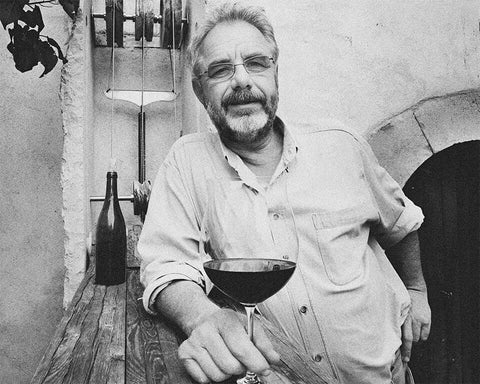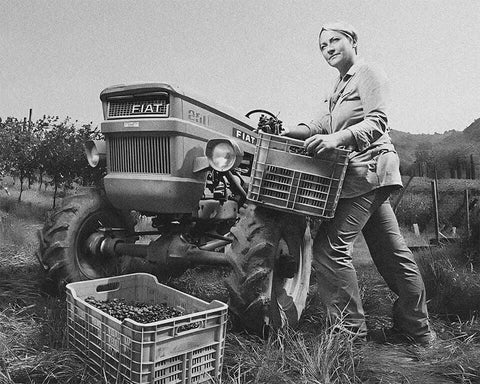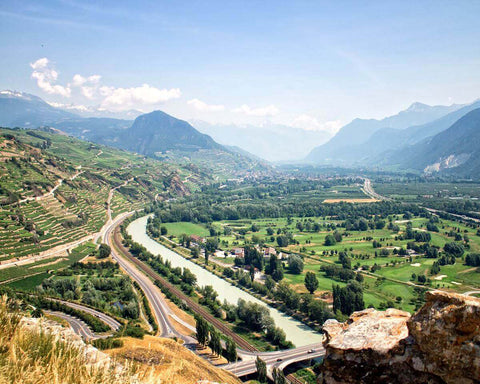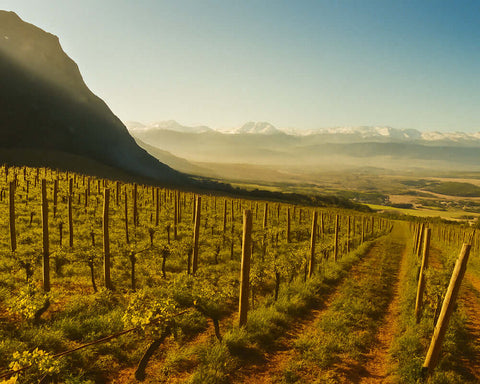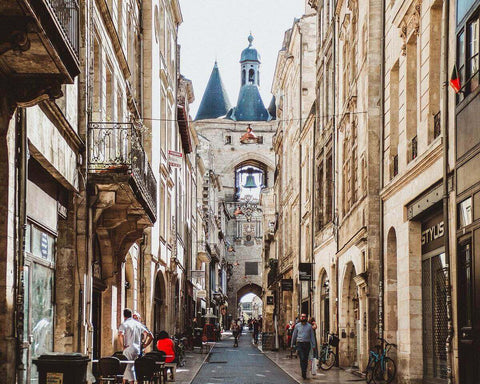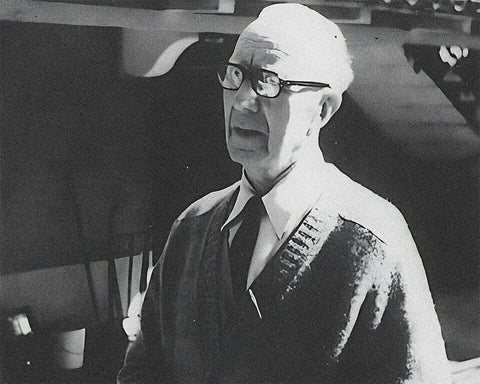Marcel Lapierre is widely regarded as one of France's founders of the natural wine movement. Lapierre's approach to winemaking emphasized minimal intervention and natural methods, inspiring a new generation of winemakers to embrace natural techniques in their work.
Born in 1950 in Villié-Morgon in the heart of the Beaujolais region, Lapierre grew up in the vineyards where his father, Camille Lapierre, also made wine. He was greatly influenced by the writings of chemist and winemaker Jules Chauvet, who promoted simple winemaking methods to let wine express the terroir and personality of the grapes.
The tenets of Chauvet's philosophy served as the foundation for Lapierre's winemaking. He practiced minimal intervention winemaking, allowing wine to ferment and age naturally without undue intervention. He was a strong proponent of using native yeasts and avoiding chemical additives. Lapierre's wines are renowned for their fruit purity and lively acidity, produced using the traditional Beaujolais carbonic maceration method.
Lapierre's wines quickly gained a following among natural wine enthusiasts, and his winemaking methods inspired a new generation of vignerons. His impact on the natural wine movement is best illustrated by his inclusion in the "Gang of Four," a group of natural winemakers that also includes Jean Foillard, Guy Breton, and Jean-Paul Thévenet.
Though he initially faced opposition from the establishment, Lapierre demonstrated that wines of great depth and complexity could be made with natural methods and minimal cellar intervention. His approach encouraged a new generation of winemakers to use natural methods and avoid additives in production.
Lapierre was also a fervent supporter of environmental preservation and sustainability in agriculture. He tirelessly promoted sustainable farming methods, believing that winemakers had a duty to care for the land and reduce environmental impact.
Marcel Lapierre's Wines
Marcel Lapierre was famous for his wines made using the traditional Beaujolais carbonic maceration technique. These wines are known for their fruit-forwardness, bright acidity, and smooth texture. All wines were made from the Gamay grape, the primary varietal of the Beaujolais region.
Morgon Beaujolais
One of Lapierre's most celebrated wines was his Morgon, from one of the Cru Beaujolais appellations. This medium-bodied wine features bright red fruit flavors, hints of earth, and spice variations by vintage. Lapierre aged his Morgon briefly in oak barrels to add subtle complexity without overpowering the fruity character.
Lapierre also produced Fleurie, Chénas, and Vin de Pays des Gaules. All wines were made from organically farmed grapes without pesticides or chemical products.
The Lapierre Legacy Today
Marcel Lapierre's estate is now run by his son, Mathieu Lapierre, who continues his father's legacy of producing natural wines using traditional Beaujolais techniques. Mathieu took over the estate in 2010 after his father's passing and maintains the same high winemaking standards.
Mathieu is committed to organic and biodynamic farming practices and works closely with the vineyards to ensure grape quality. Like his father, Mathieu employs minimal intervention in winemaking, allowing wine to ferment and age naturally without excessive manipulation or chemical additives.
Under Mathieu's leadership, the estate continues producing high-quality wines that reflect the region's unique terroir. His wines have been well-received by critics and natural wine enthusiasts, cementing the Lapierre family's reputation as leading producers of natural wines in France.
